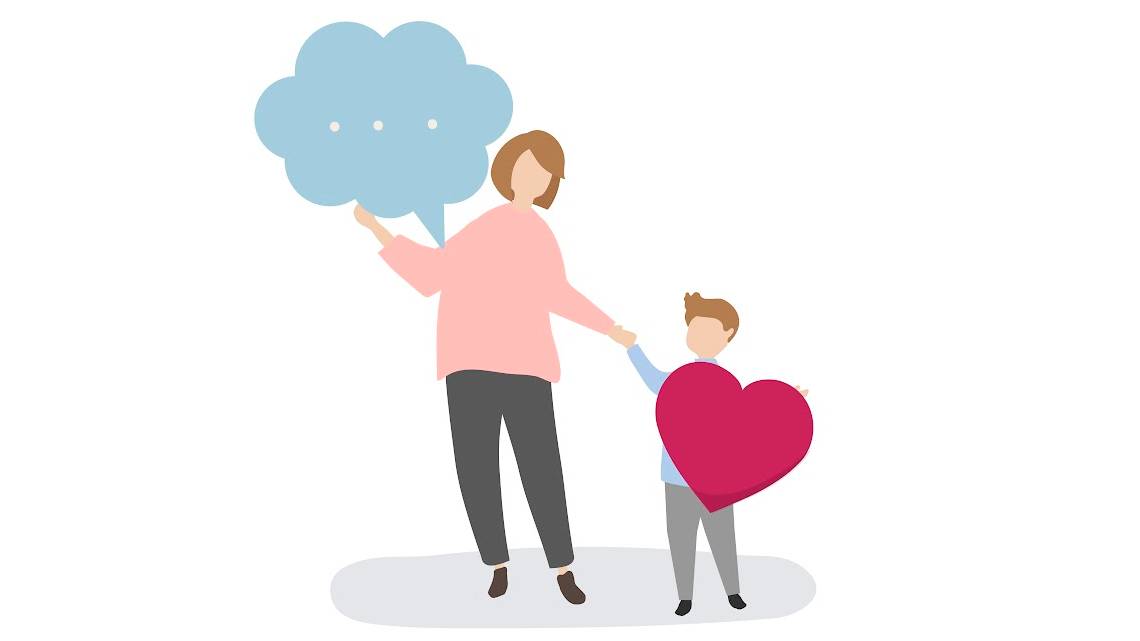
Many perceive the seafaring profession as a challenging career path. As a deck cadet serving on my first merchant ship for nearly six months, I can attest that the seafaring lifestyle can indeed be tough and mentally taxing. The mentally taxing aspects of the seafaring lifestyle stem from the constant need for vigilance and responsibility when the vessel is in port or at sea. The emotional toll of prolonged separation from loved ones, coupled with limited means of communication, can contribute to feelings of longing.
Additionally, the seafarer’s job can be physically demanding. However, with the right support from my family and crewmates, it is possible to manage mental health conditions and reclaim a sense of stability and wellbeing.
Unpredictable emergencies and its impact on my mental health and wellbeing
Seafarers face the constant possibility of unpredictable emergencies, such as severe weather events like storms, hurricanes, or floods that threaten the safety of the ship; encountering marine wildlife, floating debris, or other hazards that require evasive action; unexpected changes in sea conditions like rogue waves, currents, or ice floes; as well as equipment failures, medical emergencies or injuries to the crew, and security incidents like piracy. We have to be alert at all times, as we carry great responsibilities – our actions can have significant implications for the safety of the crew, cargo, and the marine environment.
This was a significant source of stress during my maiden voyage. Yet, through regular drills and consistent practice, I gradually felt more confident and prepared to handle sudden dangers and challenges.
To manage stress, I’ve developed a practical approach. First, I pay attention to every training and drill we undergo and take it seriously. Practicing emergency protocols helps me feel more prepared when real situations arise. I also make sure to familiarize myself with the vessel’s systems and procedures. In addition to my professional preparation, maintaining my own well-being is also important. I make time for exercise, whether it’s a jog inside the accommodation or some yoga in my cabin, and exercising in the gym.
Techniques like meditation and deep breathing help me stay centered when things get tense. I also prioritize rest and healthy eating to gain burnout insights and reflections, ensuring I avoid exhaustion.
Feelings of loneliness and its impact on mental health
Prolonged separation from loved ones is another major obstacle seafarers face. I vividly recall a long voyage from Argentina to China, where my crew and I were unable to communicate with our families and friends for about a week due to a lack of internet connectivity. During that time, I was overcome with a profound sense of isolation and loneliness impacting my mental health and wellbeing. The lack of internet had cut us off from communication, which worried me about my family who were far away.
Moreover, I found myself deeply missing the close bonds and daily interactions I typically shared with my friends. Despite these challenging circumstances, my crewmates and I were able to provide mutual support to one another, enabling us to collectively manage the pervasive feelings of longing and homesickness that permeated our experiences.
Our collaborative efforts on a daily basis aboard the vessel fostered a tight-knit bond akin to a family. I cherish the opportunities to gather with the crew in the entertainment room, engaging in conversations and singing together. These moments of connection and cultural exchange help revitalize me, even after physically demanding work shifts.
Contrary to my initial expectations, life aboard has proven to be more enriching than I anticipated. We even have the chance to organize morale-boosting activities, such as pool parties and barbeques, which create wonderful memories and strengthen our camaraderie.

Managing the impact of loneliness on my mental health and creating wellbeing.
As a seafarer, I have learned that maintaining personal hobbies and leisure activities can be an effective way for me to manage the stress and impact of loneliness while onboard.
Music, in particular, has served as a meditative outlet for me. I find it beneficial to listen to my favourite music during downtime or before sleep, as it helps to relieve the feelings of stress and anxiety that can arise from the prolonged separation from my loved ones.
Additionally, engaging in hands-on hobbies, such as playing the guitar provided on the vessel, has proven to be a productive means of coping with the challenges of life at sea. The act of practicing and honing a skill provides a sense of accomplishment and helps to occupy my mind, distracting me from the loneliness I may feel.
Furthermore, having access to entertainment options like movies and TV shows has been invaluable for me to occupy my free time and unwind. Being able to immerse myself in a story or watch a compelling series allows me to momentarily escape the isolation I may experience.
I have found that for optimal wellbeing, a combination of self-care activities, building camaraderie with my crewmates, and continuously developing my professional skills and preparedness has been crucial for managing the challenges of the seafaring profession.
By engaging in hobbies like music and movies, as well as relying on the support of my shipmates, I am able to cope with the feelings of isolation and the immense responsibilities of this career path. Ultimately, a holistic approach has empowered me to thrive as a seafaring cadet, allowing me to find fulfilment in this rewarding profession despite its unique challenges.
Photo Credits:
First image: Visual Generation
Second image: kckate16

Jordyn Leung
About the author
Jordyn Leung is a deck cadet at Pacific Basin, holding a higher diploma in maritime studies. Through her unwavering commitment to excellence and being passionate to expand her knowledge of life at sea, Jordyn exemplifies how fulfilling seafaring careers can positively impact one’s overall mental wellbeing and master own’s willpower.
Recently Added
Parental mental health plays a monumental role in a child’s social, emotional, behavioural and psychological development. Parents and caregivers are central to …
Cognitive behavioral therapy (CBT) was initially developed by Aaron Beck in the 1960s and it is based on the cognitive model of …
Artificial Intelligence or AI, as we like to call it, has become a part of everyday operations, enhancing everything from manufacturing automation …




